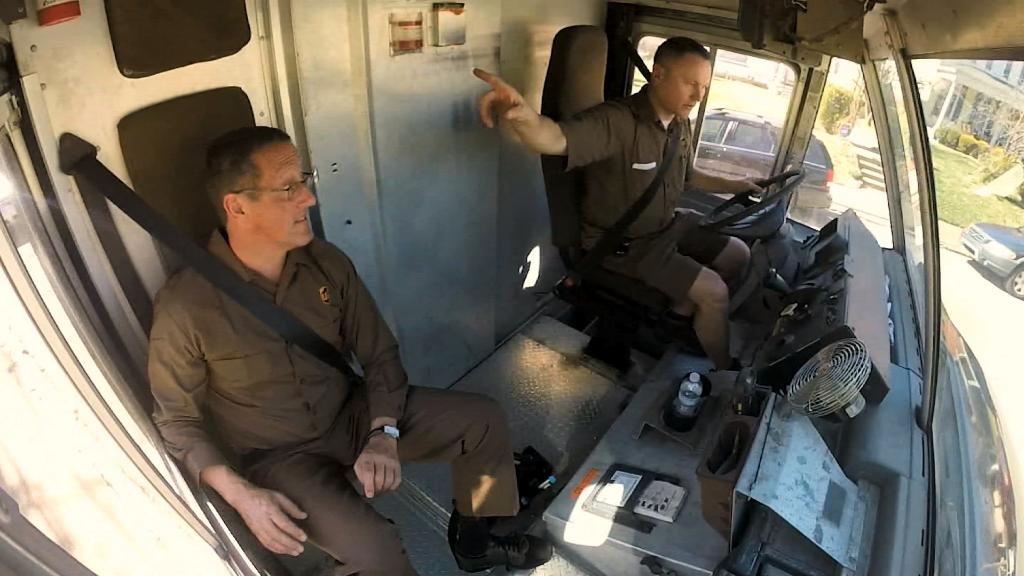
The Teamsters and UPS could be heading toward the nation's largest strike in decades.
On Tuesday, the union announced that members voted more than 90% in favor of going on strike, if a deal is not reached before the current labor contract expires on August 1.
UPS employs 260,000 Teamsters, and has added 40,000 union members since its current contract was reached five years ago. The shipments UPS transports equal an estimated 6% of the nation's GDP, which means a labor dispute could disrupt the US economy.
At issue is how the shipping giant will expand to offer deliveries seven days a week.
UPS (UPS) began offering regular Saturday delivery service just a year ago. It hasn't officially announced plans for Sunday service, but the union says the company has made several proposals to expand weekend deliveries.
One proposal on the negotiating table is to create a two-tier wage system that would take part-time workers who earn $15 an hour and make them full-time at the same wage. Existing full-time drivers now earn an average of $36 an hour, or roughly $75,000 a year.
The Teamsters are divided on this proposal, which makes it harder to reach a deal and avoid a strike.
Related: UPS just ordered a big batch of 747 cargo jets
An opposition group within the union, UPS Teamsters United, argues that the delivery company, which posted a $5 billion profit in 2017, should pay new full time workers the same as existing workers.
"Most people understand in the world of Amazon (AMZN) and e-commerce, UPS isn't going to be Monday to Friday or even Monday to Saturday any more, it's going to be a seven-day operation," said David Levin, spokesman for UPS Teamsters United. "But they made record profits. They don't need concessions to do that."
A union spokesperson declined to comment on the negotiations.
Meanwhile, labor and management still have plenty of time to reach a new deal before the existing one runs out.
"The reality is that UPS and the Teamsters have already reached tentative agreements on a wide variety of non-economic issues," said UPS spokesperson Glenn Zaccara.
Strike authorization votes almost always pass. Typically union members remain on the job until a new labor deal is reached. But the split within the union means if there is an agreement reached to allow a lower pay scale, rank-and-file members might reject the proposal, increasing the chance of a strike.
The last time UPS had a strike was a 16-day walkout by the Teamsters in 1997, and there hasn't been a bigger strike since then. This strike could be even larger, since there were only 180,000 Teamsters at UPS at that time.

